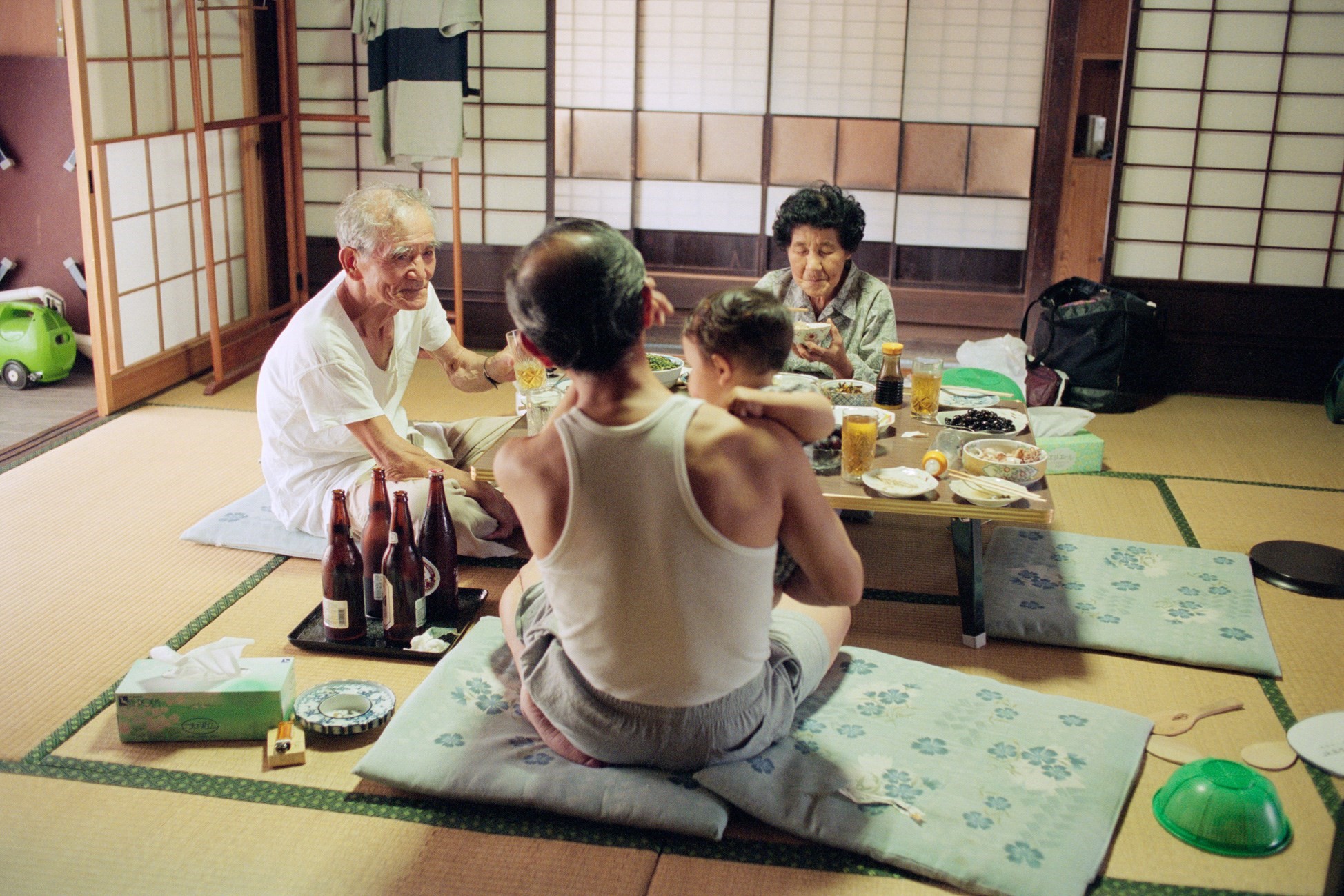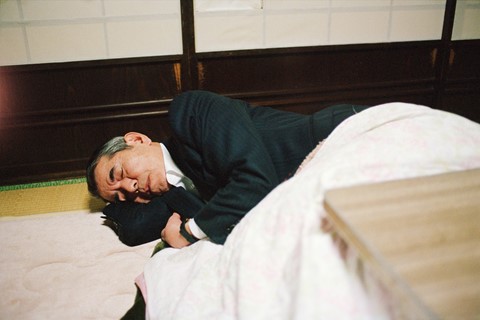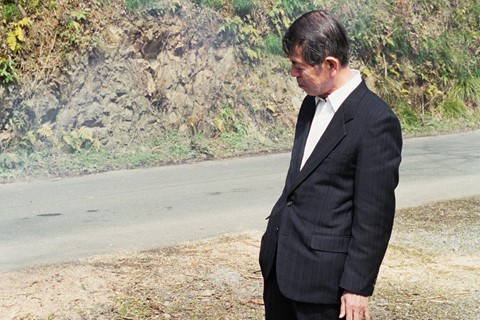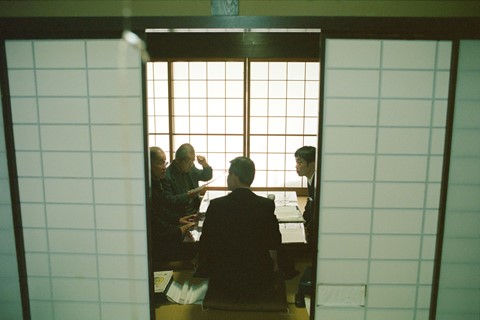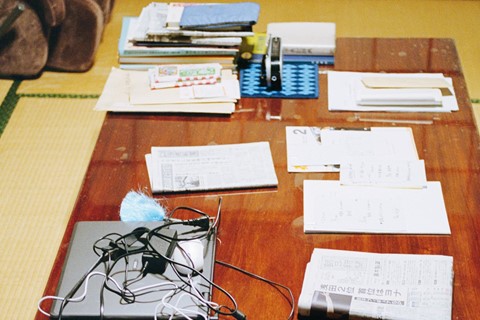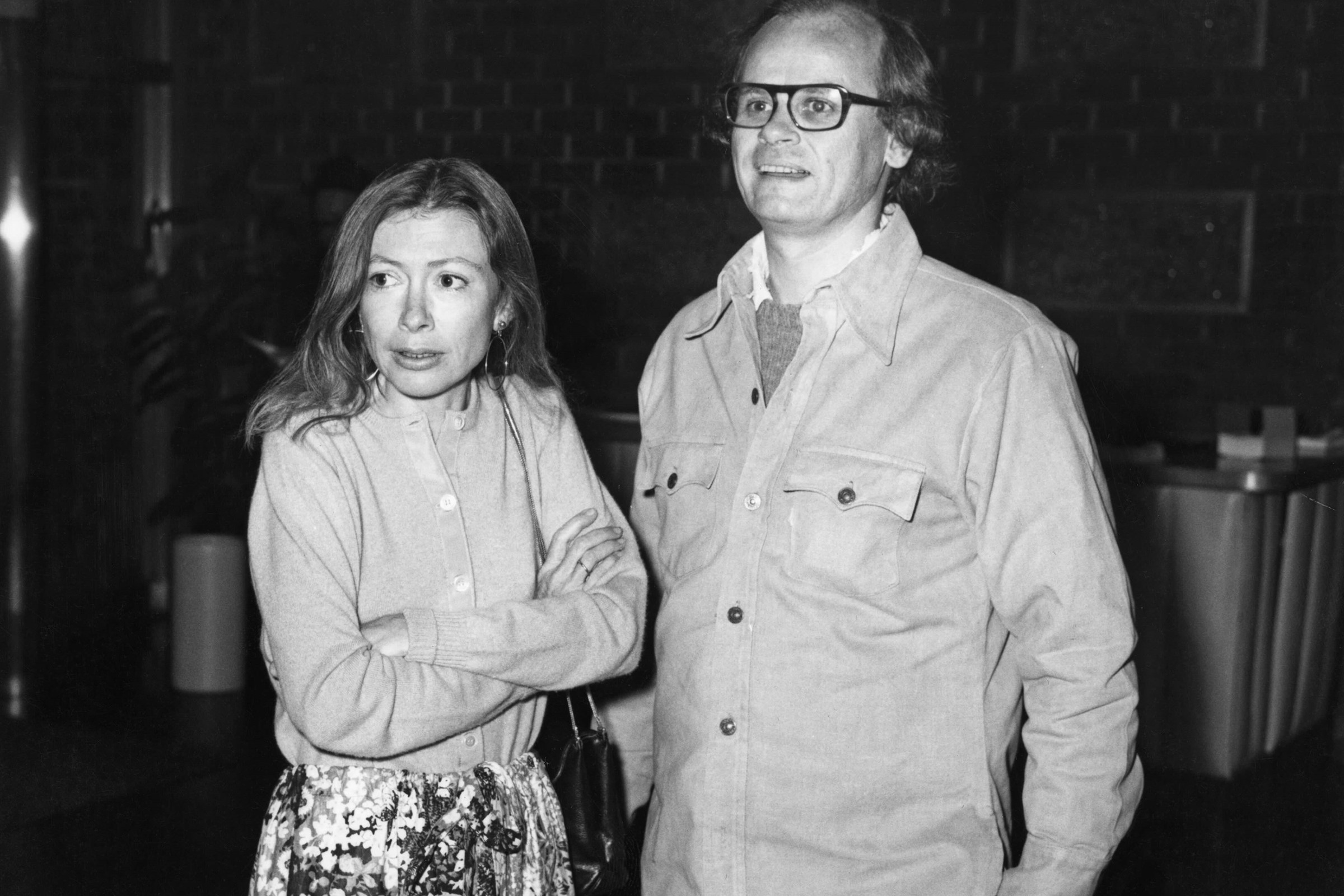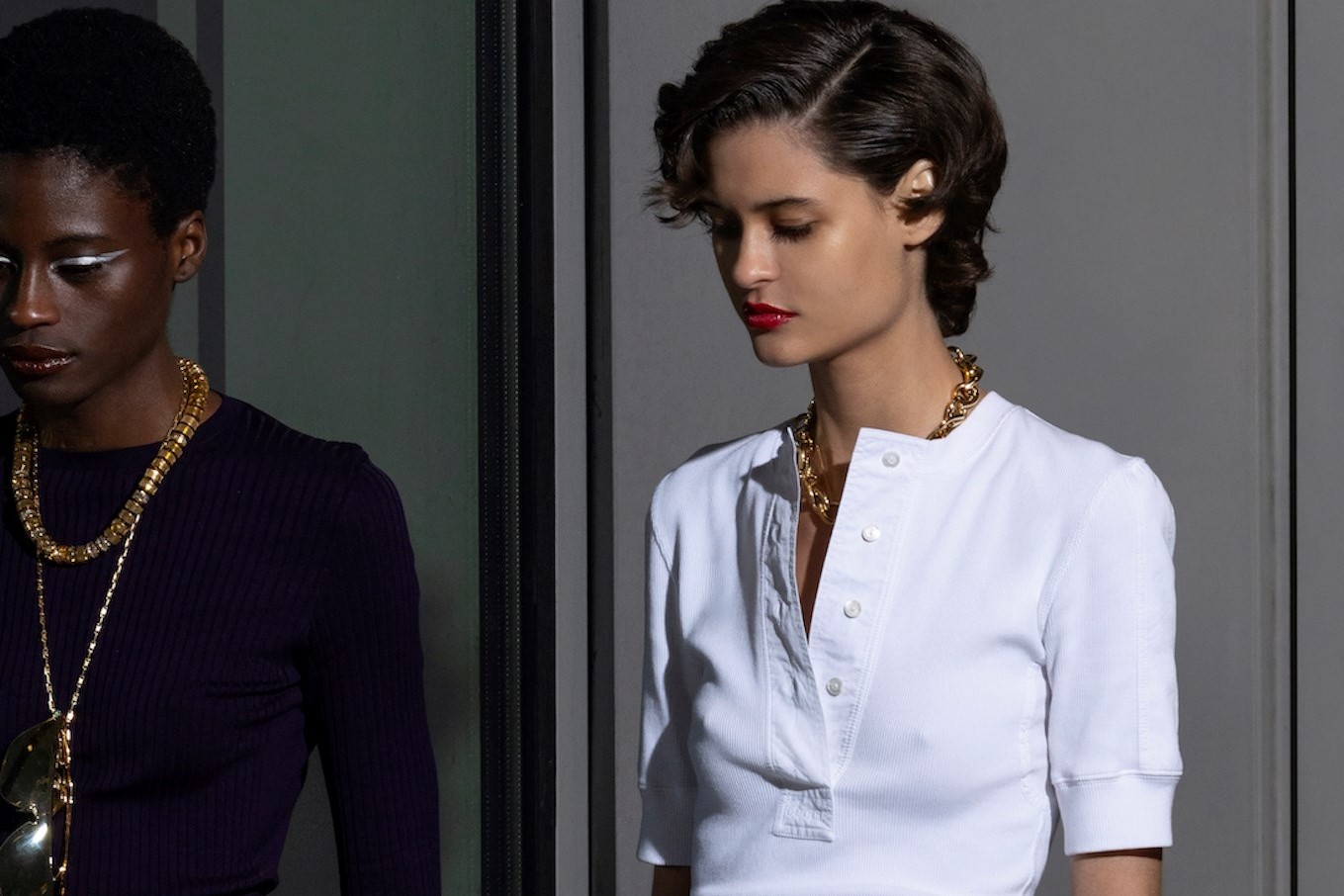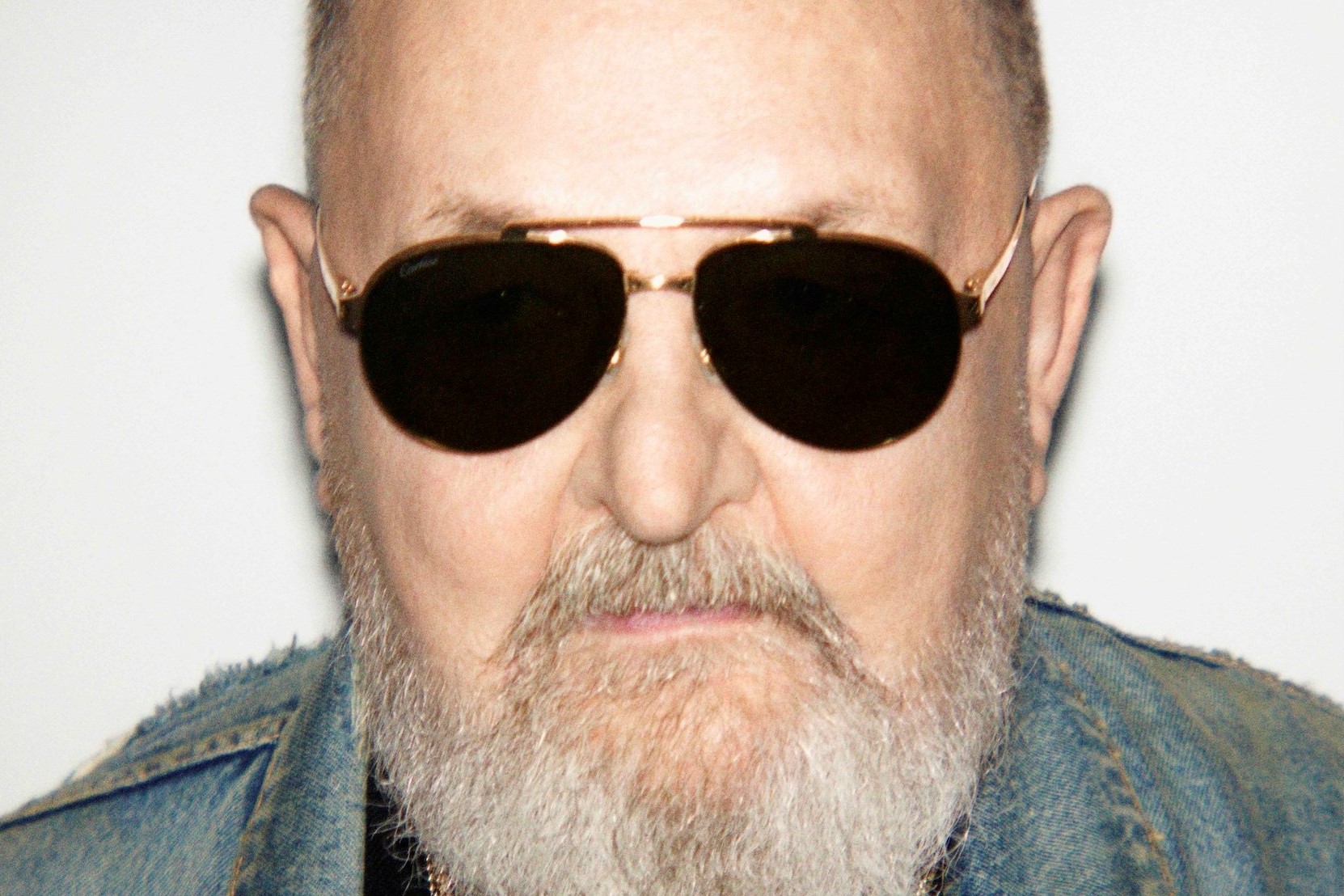In 1992, Swedish photographer Anders Edström and his girlfriend, who would later become his wife, travelled to Shiotani, a remote Japanese village just 29 miles from Kyoto, to visit her family. Made up of just 47 villagers, the people of Shiotani lived a traditional way of life, working the land for rice, mushrooms and tea. “It was the first time I went to Japan so everything was very new and different,” Edström tells AnOther. “People were friendly and curious about me. Most of them hadn’t met a westerner since the Second World War, when the American troops were there.”
As he became more familiar with Shiotani and its inhabitants, he began to take photographs, documenting life there. In 2006, obaachan (his wife’s grandmother) asked Edström if she could see some of the pictures he had made over the years. Two years later, he gave her a photo album for Christmas spanning 15 years and realised this work had the potential to become a book.
Moving with new intention, Edström set forth to create Shiotani, a 23-year, 756-page chronicle of village life that launches at Claire de Rouen Books in London today (September 9). A poignant portrait of a people and a place, Shiotani offers an intimate chronicle of everyday life, capturing love and loss, and bearing witness to the passing of both his wife’s grandparents.
Edström and his long-time collaborator CW Winter, who has also contributed an essay to the book, created an eight-hour-long narrative film, which won a Golden Bear at the Berlin International Film Festival and will be shown on 12 September 2021 at the ICA as part of the Open City Documentary Festival. Here, Edström reflects on his journey to create this exquisite piece of work.
“In the beginning, I only took pictures for memory. Not that many, because I don’t like photographing places that I don’t know. Every time I moved to a new town it took me about three years before I was able to take pictures. I need to get accustomed to a place in order to know if what I see is special or if it just seems special because it’s new to me.
“I’m looking for ordinary things that other people don’t pay attention to, at the same time things I find interesting or beautiful. So going to Japan was hard in terms of photographs because everything was fascinating at first. I couldn’t trust my own judgment. I took some pictures anyway, but I didn’t know at all what direction to take. Each time I went there, I took some more pictures this way, and after a few more times I started to know the place better, it became more and more familiar.
“It was the same with the people, I usually don’t point a camera at people until I start to know them better. I don’t want to make them feel uncomfortable. But I still took some pictures of the family members and friends even in the beginning, but it was usually pictures when they looked in the camera. As time went by, I started to photograph them as they were going about their days and they started to understand not to react when I photographed them.
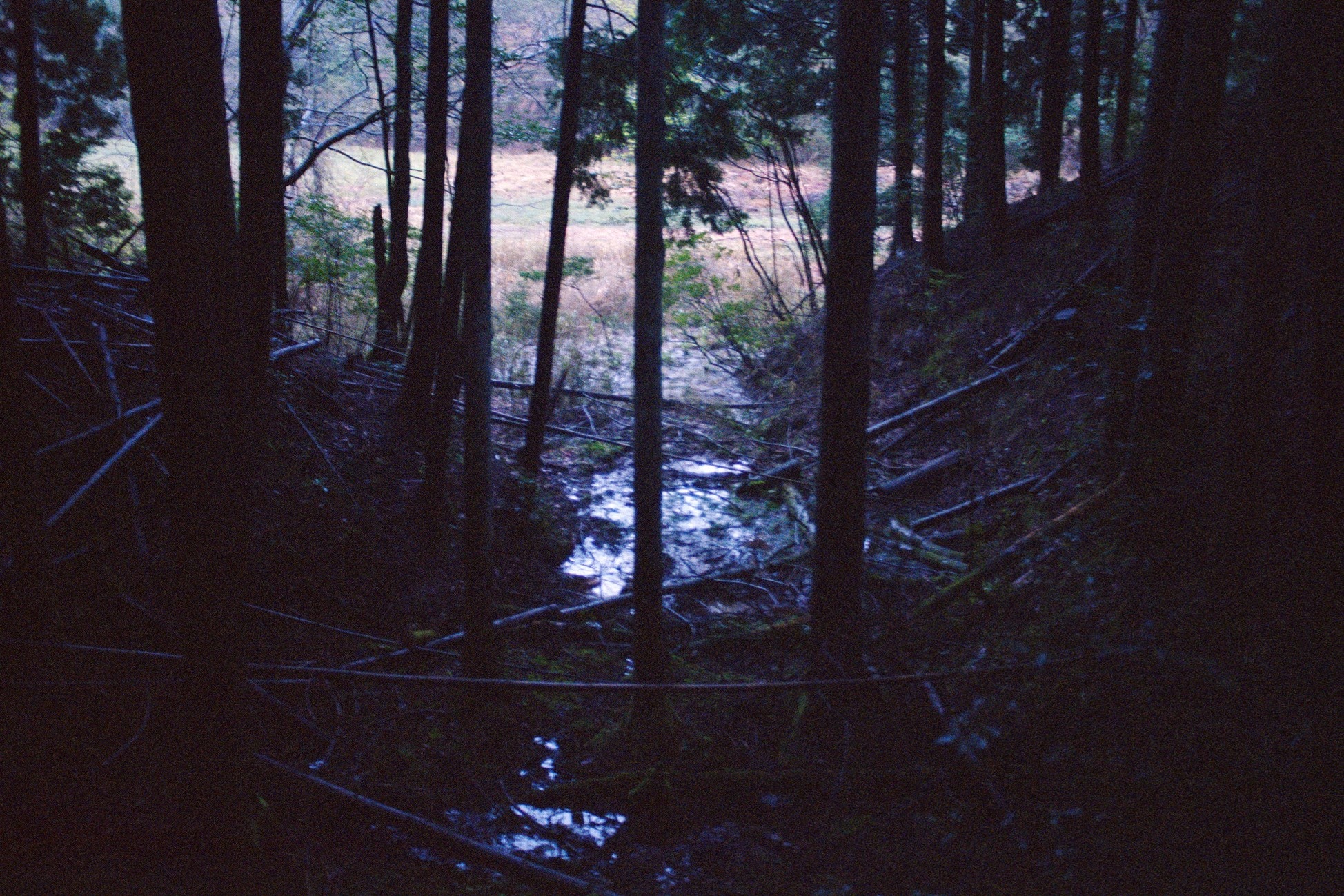
“[My favorite memories are] the many long walks [I took] in all seasons around the village and in the mountains that surround it, often alone but also with my kids. Swimming in the river. Going to the onsen [the hotspring]. The many long, funny dinners with delicious food, cooking on the table, everybody – especially my father in law, my wife’s uncle and her grandfather – getting really drunk on sake and beer. Maybe the best memories of all were at night lying on the futon on the tatami in total darkness, listening to the sounds of frogs in the spring and cicadas in the summer, someone snoring further away in the house. In the winter a different, muffled sound, so cold in the room that smoke came out of the mouth but warm under the duvet thanks to the kotatsu [a special heater by the feet].
“I wasn’t only removed from modern life – I lived in Japan for nine years so I was removed from western life too. It wasn’t always easy, because the cultural differences are huge with so many unwritten rules that are hard to understand. There are so many people in Tokyo so it was hard for me to feel free. Don’t get me wrong, Tokyo is a very interesting place but I grew up in a small town in Sweden. When I was a kid I was playing in the forest. Being able to spend a lot of time in Shiotani, where I could go for long walks in nature, saved me. The life there was closer to what I was used to as a child than my life in Paris, London and Tokyo. I could connect easier with my wife’s grandparents than I could connect with most of the people I met in Tokyo.
“I learned a lot from living in Japan. I think my work benefitted from living there. It changed my pace in editing and in the way I take pictures. I think it changed me as a person. It’s not easy to live like the people in Shiotani. It’s really hard work. My wife’s grandparents woke up early every day, worked in the fields, and ate the vegetables, rice, and drank the tea that they grew. My wife’s grandfather wrote in his diary every day even though every day was pretty much the same. About the weather and about the crops mainly but probably also thoughts he had. I find it dignified and admirable. It’s beautiful.”
Shiobani by Anders Edström launches at Claire de Rouen Books in London today (September 9). Pre-order a copy here.
